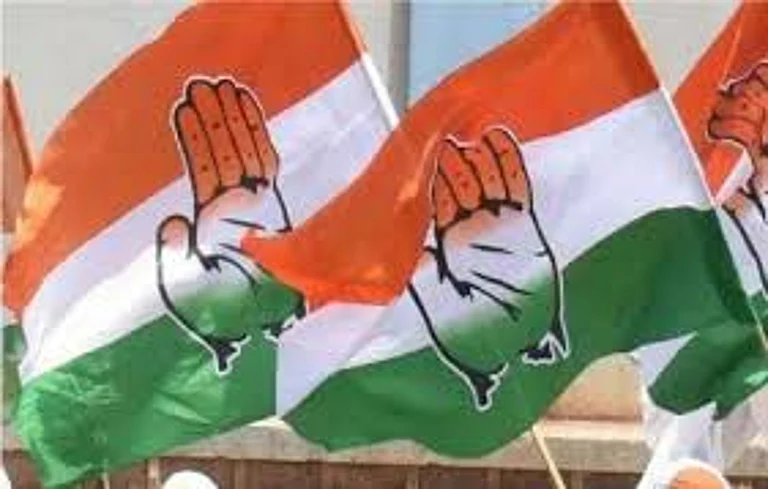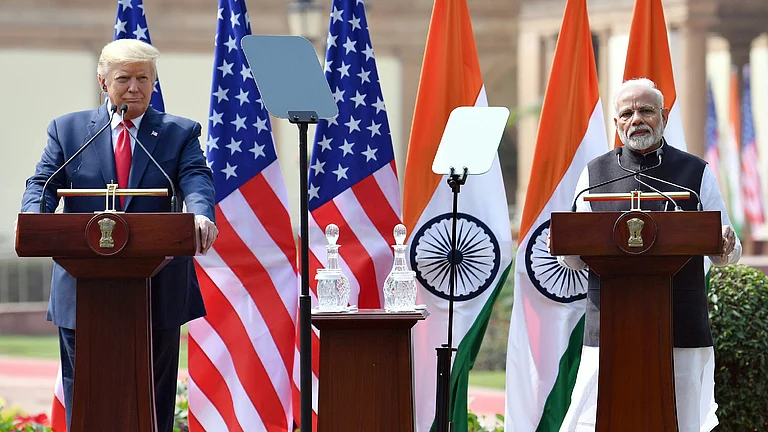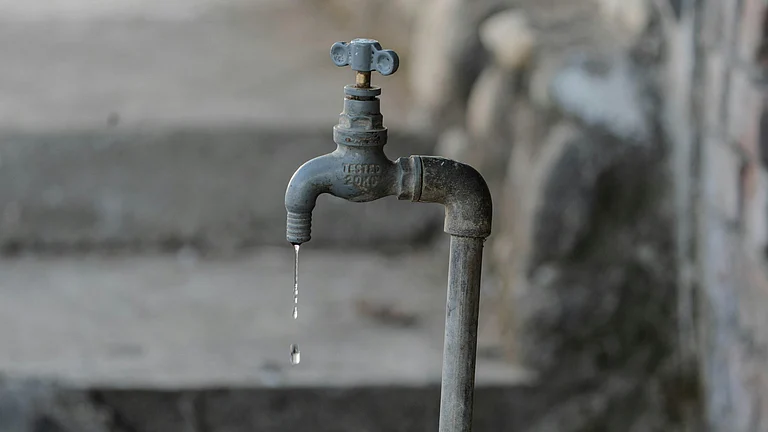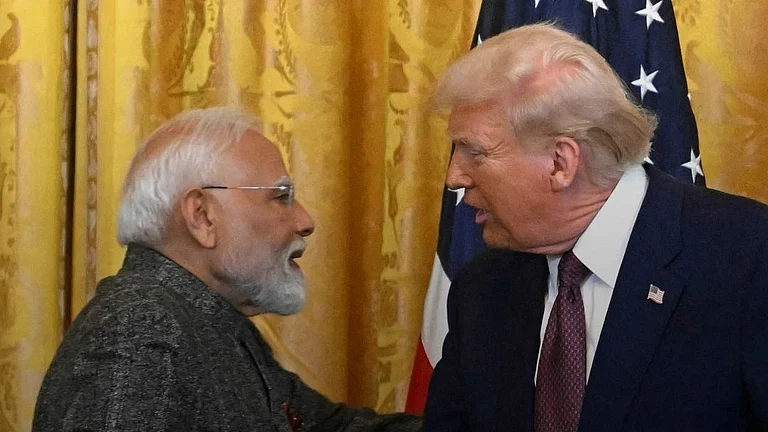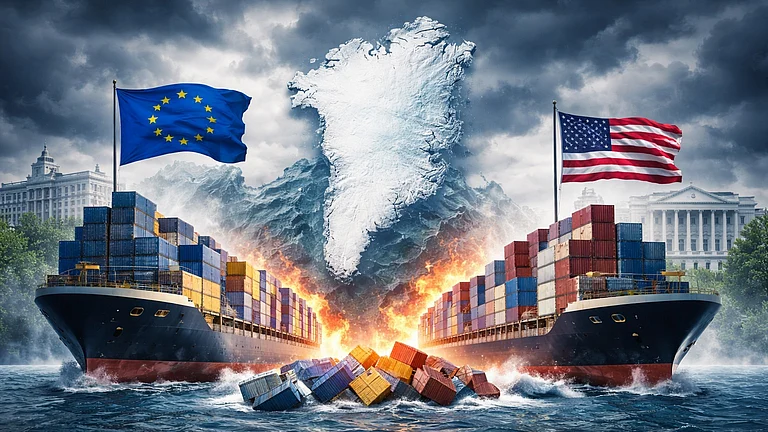The World Bank emphasised that India must reduce import tariffs and make regulatory changes to bring more foreign investment. Its Economic Memorandum on India report also noted that the country needs to expand at an average growth rate of 7.8% over the coming decades to become a high-income country by 2047.
"Relatively high import tariffs, especially on intermediate and capital goods, and significant non-tariff barriers contribute to high trade costs which inhibit greater openness in terms of imports and exports," the report by the Washington-based organisation read.
It added that the country needs to simplify customs procedures, enhance policy predictability in regulations and cut red tape.
The report came hours before India is set to release its gross domestic product (GDP) numbers for the December quarter.
"For India to become a high-income economy by 2047, its GNI [Gross National Income] per capita would have to increase by nearly 8 times over the current levels; growth would have to accelerate further and to remain high over the next two decades, a feat that few countries have achieved," the World Bank further said.
The report also reiterated that openness to trade plays a key role in boosting productivity and economic expansion. Over the decade, the share of goods and services exports and imports in India's GDP stood at 46% in 2023 compared to 56% in 2012. It has pointed out that comparatively high import tariffs—especially on intermediate and capital goods—along with non-tariff barriers, have hiked trade costs. It has made it harder for India to integrate fully into global value chains (GVCs).
Trump's Criticism over India’s High Tariffs
US President Donald Trump has been criticising India actively on high tariffs since he started campaigning for the White House for a second term.
During Prime Minister Narendra Modi's two-day visit to the US earlier this month, while responding to a question on reciprocal tariffs on India, Trump said, “India has been, to us, just about the highest tariffed nation anywhere in the world. They’ve been very strong on tariffs, and I don’t blame them, necessarily, but it’s a different way of doing business. It’s very hard to sell to India because they have trade barriers and very strong tariffs.”
He also reiterated that the US will impose reciprocal tariffs on India and other countries.
According to a recent Bloomberg report, India is considering tariff reductions on a broad range of imports, including automobiles and chemicals, to avoid potential reciprocal levies threatened by Trump.










